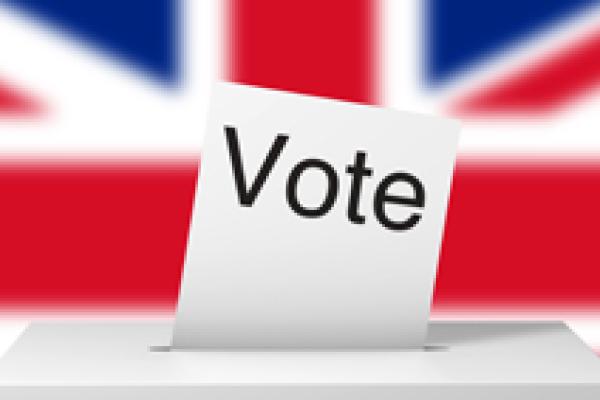Collection

Election special
A mathematical look at democracy.

Have you anything to say on these or other subjects of interest to Plus readers? E-mail plus@maths.cam.ac.uk.